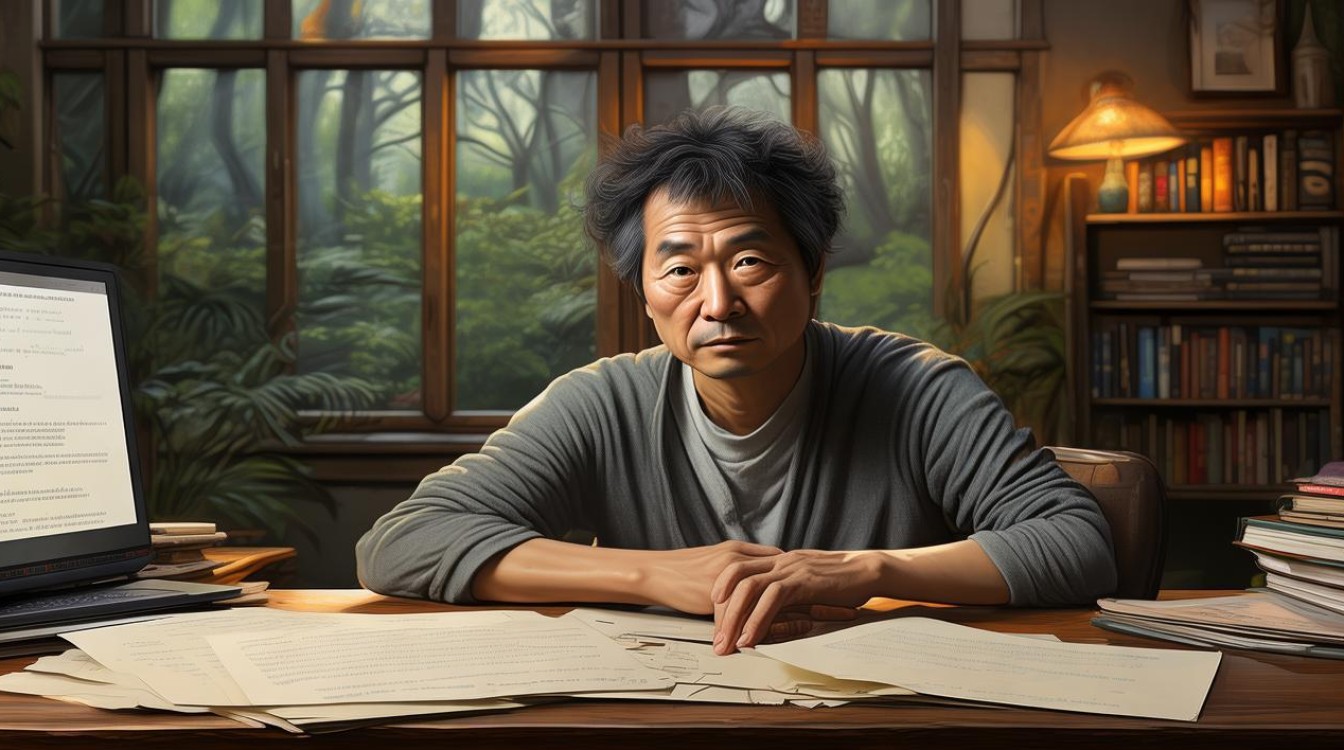Mo Yan: The Voice of the Chinese Countryside

Mo Yan, whose pseudonym translates to "Don't Speak," is one of China's most celebrated and internationally renowned contemporary writers. Awarded the Nobel Prize in Literature in 2012 "who with hallucinatory realism merges folk tales, history and the contemporary," Mo Yan has captivated readers worldwide with his vivid, often sprawling narratives that delve deep into the heart of the Chinese experience, particularly that of the rural masses.
Born Guan Moye in 1955 in Gaomi County, Shandong Province, Mo Yan's early life was steeped in the rural environment that would become the primary setting for much of his work. He left school to work in the fields during the Cultural Revolution and later joined the People's Liberation Army, where he began to write. This diverse background, rooted in the soil and struggles of ordinary Chinese, profoundly influenced his literary voice.
Mo Yan's writing is characterized by what the Swedish Academy termed "hallucinatory realism." This style blends stark, often brutal depictions of reality with elements of myth, legend, fantasy, and oral storytelling traditions. His prose is rich, earthy, and overflowing with sensory details, creating a world that is both hyper-real and dreamlike. He is not afraid to confront the harshness of history, including poverty, war, and political turmoil, but he often does so with a dark humor and a profound empathy for his characters.
One of his most famous works, Red Sorghum (originally published as Red Sorghum Clan), which was later adapted into an acclaimed film by Zhang Yimou, exemplifies his style. It tells a multi-generational saga of love, violence, and survival in rural China against the backdrop of the Second Sino-Japanese War, weaving historical events with mythic elements and a celebration of the raw, untamed spirit of the land.
Other notable works include Big Breasts and Wide Hips, a panoramic novel spanning much of 20th-century China through the lives of a mother and her children; Life and Death Are Wearing Me Out, a darkly comic tale of reincarnation; and Frog, which explores the one-child policy through the perspective of a midwife. These works showcase Mo Yan's ability to tackle grand historical themes while maintaining an intimate connection to the lives of his characters.
Despite his international acclaim, Mo Yan remains a writer deeply connected to his homeland and its people. His stories are often populated by peasants, soldiers, and outcasts, their lives rendered with unflinching honesty and a deep sense of humanity. He has been praised for giving voice to the voiceless and for preserving the rich tapestry of Chinese folk culture and history in his writing.
In conclusion, Mo Yan is a literary giant whose work transcends cultural boundaries. His unique blend of hallucinatory realism, deep historical consciousness, and unwavering focus on the Chinese countryside has earned him a permanent place in the world literary canon. Through his powerful narratives, he continues to shed light on the complexities of the human condition and the enduring spirit of his nation.











